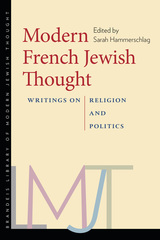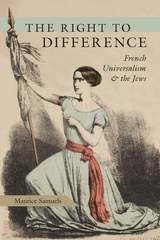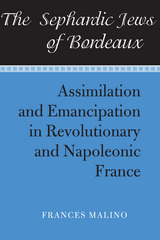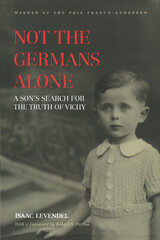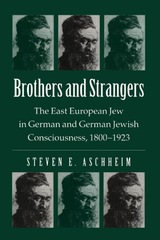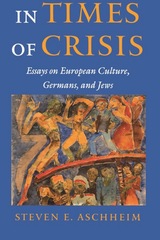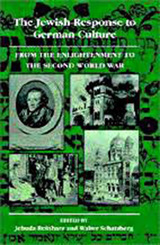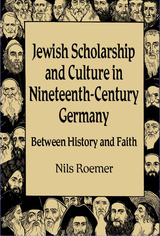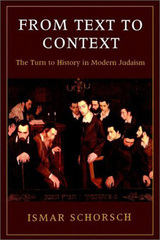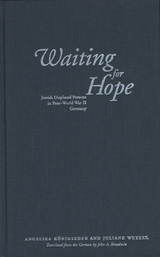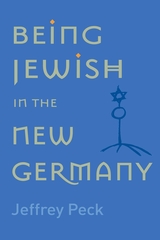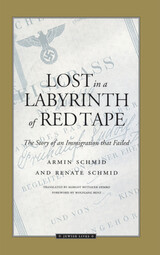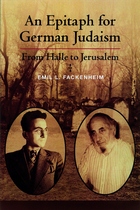German Jews Beyond Judaism
University of Wisconsin Press, 2025
Paper: 978-0-299-35284-4 | eISBN: 978-0-299-35288-2 (ePub) | eISBN: 978-0-299-35283-7 (PDF)
Library of Congress Classification DS135.G33M59 2025
Dewey Decimal Classification 943.004924
Paper: 978-0-299-35284-4 | eISBN: 978-0-299-35288-2 (ePub) | eISBN: 978-0-299-35283-7 (PDF)
Library of Congress Classification DS135.G33M59 2025
Dewey Decimal Classification 943.004924
ABOUT THIS BOOK | AUTHOR BIOGRAPHY | REVIEWS | TOC | REQUEST ACCESSIBLE FILE
ABOUT THIS BOOK
First published in 1985, German Jews Beyond Judaism is George L. Mosse’s sweeping exploration of German Jewish secular identity across the nineteenth and twentieth centuries. In Germany, Jews were emancipated at a time when cultural education was becoming an integral part of German society. They felt a powerful urge to find their Jewish substance within German culture and thus craft an identity as both Germans and Jews. Mosse argues that they did so by adopting the concept of Bildung―the idea of intellectual and moral self-cultivation―combined with key Enlightenment ideals of human potential, individualism, and the connection between knowledge and morality through aesthetics. He traces how Jewish artists, writers, and thinkers actively sought to participate in German culture through popular culture, scholarship, and political activity. Despite the eventual dissolution of German-Jewish dialogue due to the emergence of a virulently racist nationalism, important Jewish heritage emerged as a result of this attempt to integrate both identities.
German Jews Beyond Judaism was, in Mosse’s own estimation, his “most personal book, almost a confession of faith.” David J. Sorkin’s new critical introduction illustrates how Mosse’s life and values both shaped and exemplified his historical analysis and offers potential meanings of his intellectual legacy for the present day.
German Jews Beyond Judaism was, in Mosse’s own estimation, his “most personal book, almost a confession of faith.” David J. Sorkin’s new critical introduction illustrates how Mosse’s life and values both shaped and exemplified his historical analysis and offers potential meanings of his intellectual legacy for the present day.
See other books on: Jewish | Jewish Studies | Jews | Mosse, George L. | Sorkin, David J.
See other titles from University of Wisconsin Press

